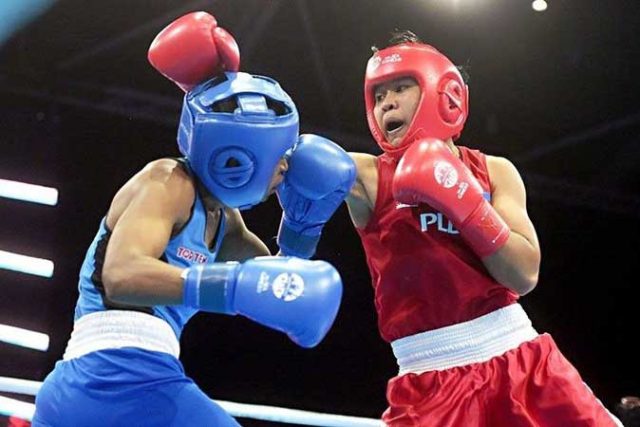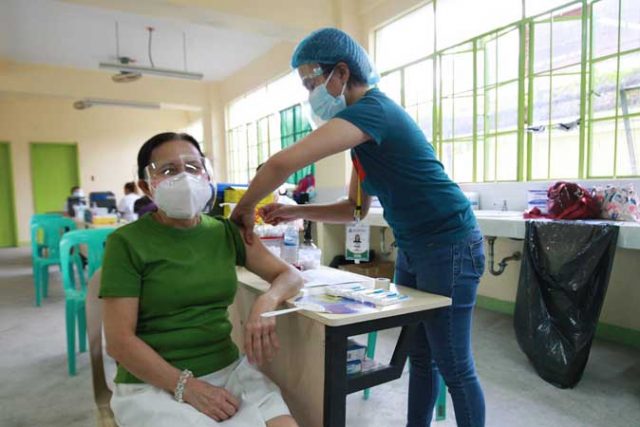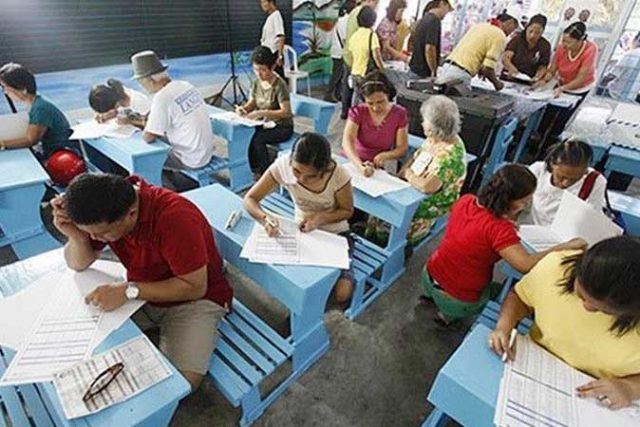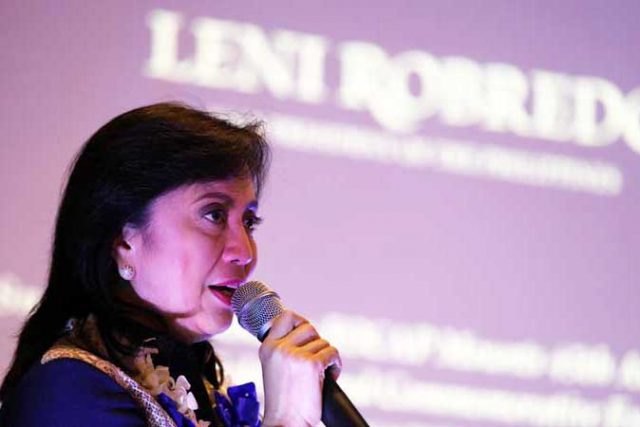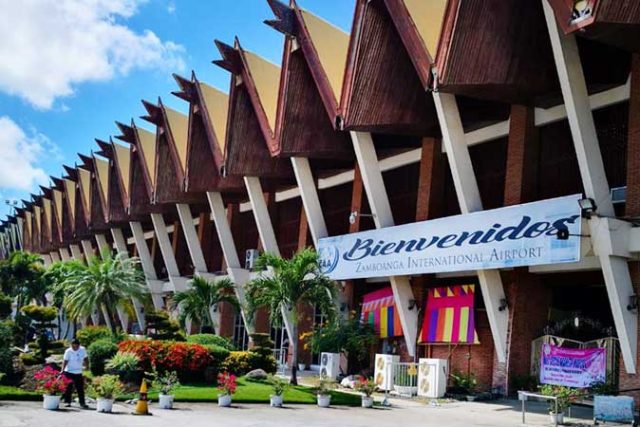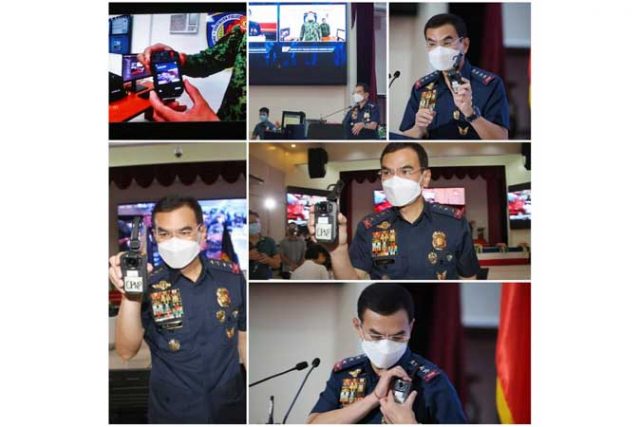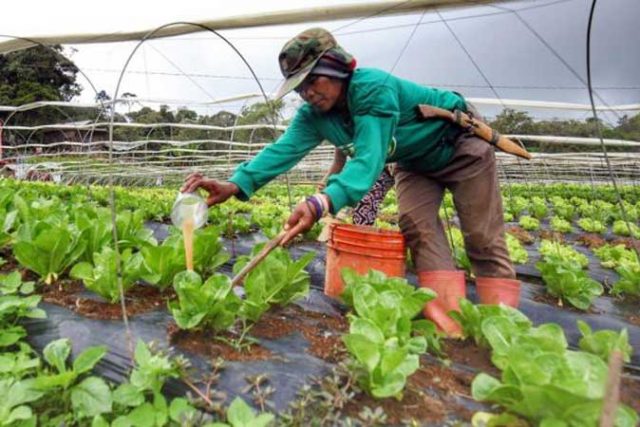By Kyle Aristophere T. Atienza, Reporter
THE PHILIPPINES is now at high-risk from the coronavirus after fresh surge in infections probably triggered by a more contagious Delta variant, health authorities said on Monday.
“Nationally, our case classification is now high-risk,” Health Undersecretary Maria Rosario S. Vergeire told an online news briefing. The Philippines had an average of 8,695 coronavirus infections daily from August 1 to 7, higher than 6,498 cases a week earlier, she added.
The average daily attack rate in the country in the first week of August increased to 7.2, which is considered high risk, Ms. Vergeire said. Infections nationwide increased by more than 40% in the past two weeks.
The country’s classification two weeks ago was “moderate.”
She also flagged the worsening coronavirus situation in Metro Manila, the Cordillera Administrative Region, Ilocos Region, Cagayan Valley, Southern Tagalog, Central Visayas and Northern Mindanao.
Metro Manila, now classified as high risk kept a positive two-week growth and a high-risk average daily attack rate, Ms. Vergeire said.
The capital region has the highest average daily attack rate with 12 to 13 people out of 100,000 people getting infected daily, she added.
All 16 cities and one municipality in the National Capital Region now have cases of the Delta coronavirus variant, the health official said.
Meanwhile, the Department of Health (DoH) said an increase in coronavirus cases was being experienced across all age groups, not just among children.
In a statement, the agency said infections among all age groups increased by 59% on July 26 to Aug. 8 from two weeks earlier.
The biggest increase was in the 30-39 age group, while the lowest increase was among people aged 80 years and above, it said.
DoH reported 8,900 coronavirus infections on Monday, bringing the total to 1.67 million. The death toll rose to 29,128 after six more patients died, while recoveries increased by 7,937 to 1.56 million, it said in a bulletin.
There were 78,480 active cases, 94% of which were mild, 2.1% did now show symptoms, 1.7% were severe, 1.18% were moderate and 1% were critical.
The agency said 102 duplicates had been removed from the tally, 98 of which were recoveries. Four recoveries were reclassified as deaths.
The growth rate of coronavirus cases in the country increased to 42 percent in the past two weeks, she said.
From July 26 to Aug. 8, 2021, the country’s average daily attack rate (ADAR) per 100,000 population is at 7.20, Ms. Vergeire added.
ADAR is the number of new cases over a 2-week period, divided by the population.
Metro Manila, Cordillera Administrative Region, Ilocos Region, Cagayan Valley, Calabarzon, Central Visayas and Northern Mindanao were among regions tagged as “high-risk”.
Meanwhile, the Philippines is expected to take delivery of more than 813,150 doses of the vaccine made by Pfizer, Inc. on Wednesday presidential spokesman Herminio L. Roque, Jr. told a televised news briefing.
The government paid for the shots, he said. About two million more doses of the vaccine made by Sinovac Biotech Ltd. would also arrive this week, he added.
The country on Sunday took delivery of 326,400 doses of the vaccine made by Moderna, Inc.
Mr. Roque said about 24.47 million doses of coronavirus vaccines have been given out as of Aug. 8, 13.8 million of which were first doses.
The government seeks to fully vaccinate 15 million Filipinos by the end of the month and sustain the average daily vaccinations of 600,000 to 700,000.
The country is inoculating health workers, outbound migrant Filipino workers, family members of health workers, seniors, seriously ill people, essential workers and the poor. The rest of Filipinos would get vaccinated as early as next month.
Also on Monday, Health Secretary Francisco T. Duque III said a vaccine panel was studying whether it is safe to vaccinate minors against the coronavirus.
“I wouldn’t mind that we should already start vaccinating children for as long as, first, we prioritize those with comorbidities,” he told the ABS-CBN News Channel. “I would support it, supply permitting.”
The Philippine General Hospital last week said its intensive care unit beds for children infected with the coronavirus were fully occupied.
Vaccine czar Carlito G. Galvez, Jr., has said children aged 12 to 17 might get vaccinated as early as September.
These minors, who may be as many as 14 million, would only get the shots once the vaccines approved for adults are proven safe and effective, Food and Drug Administration Director General Roland Enrique D. Domingo separately told an online news briefing.
Sinovac has applied for the emergency use of its vaccine for children aged three to 17.



